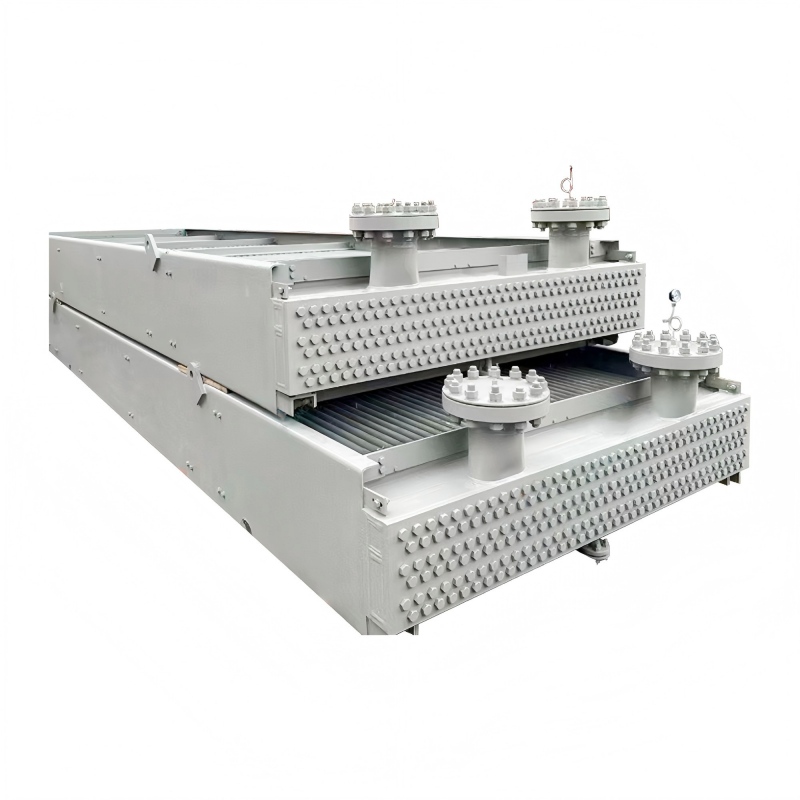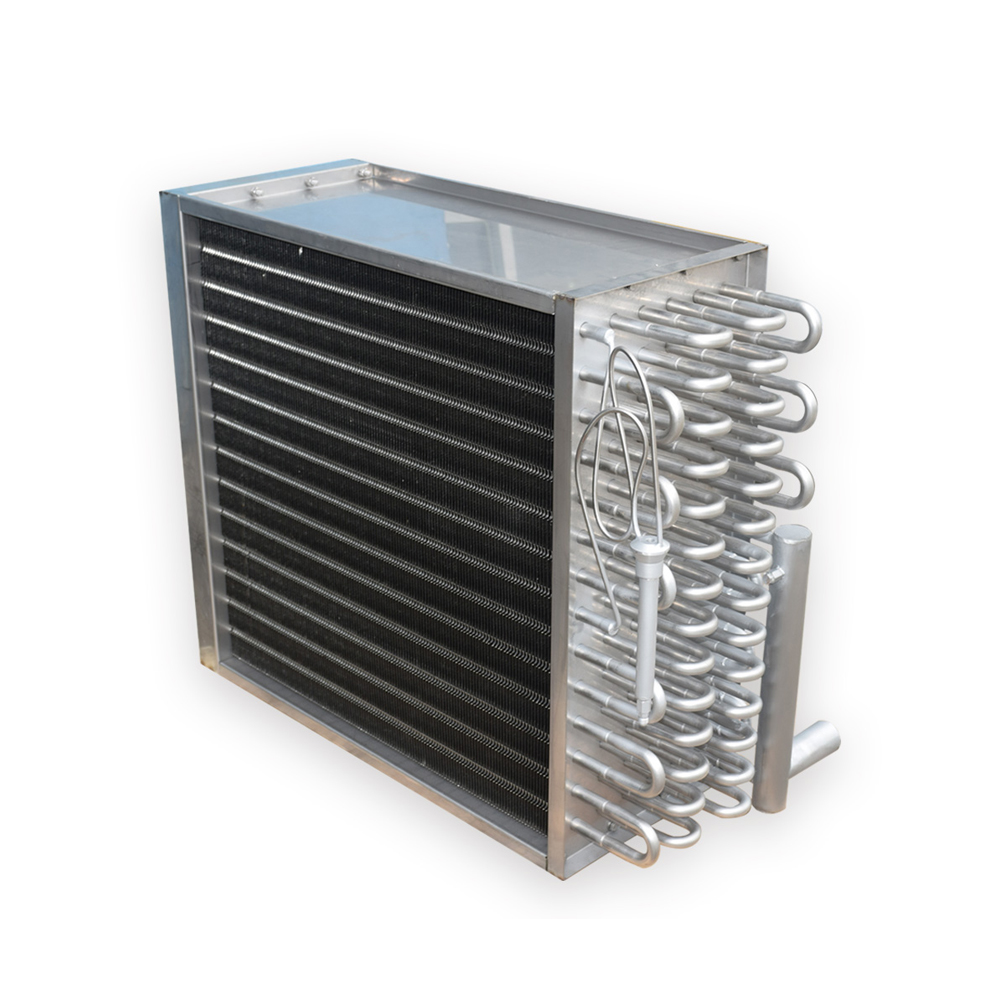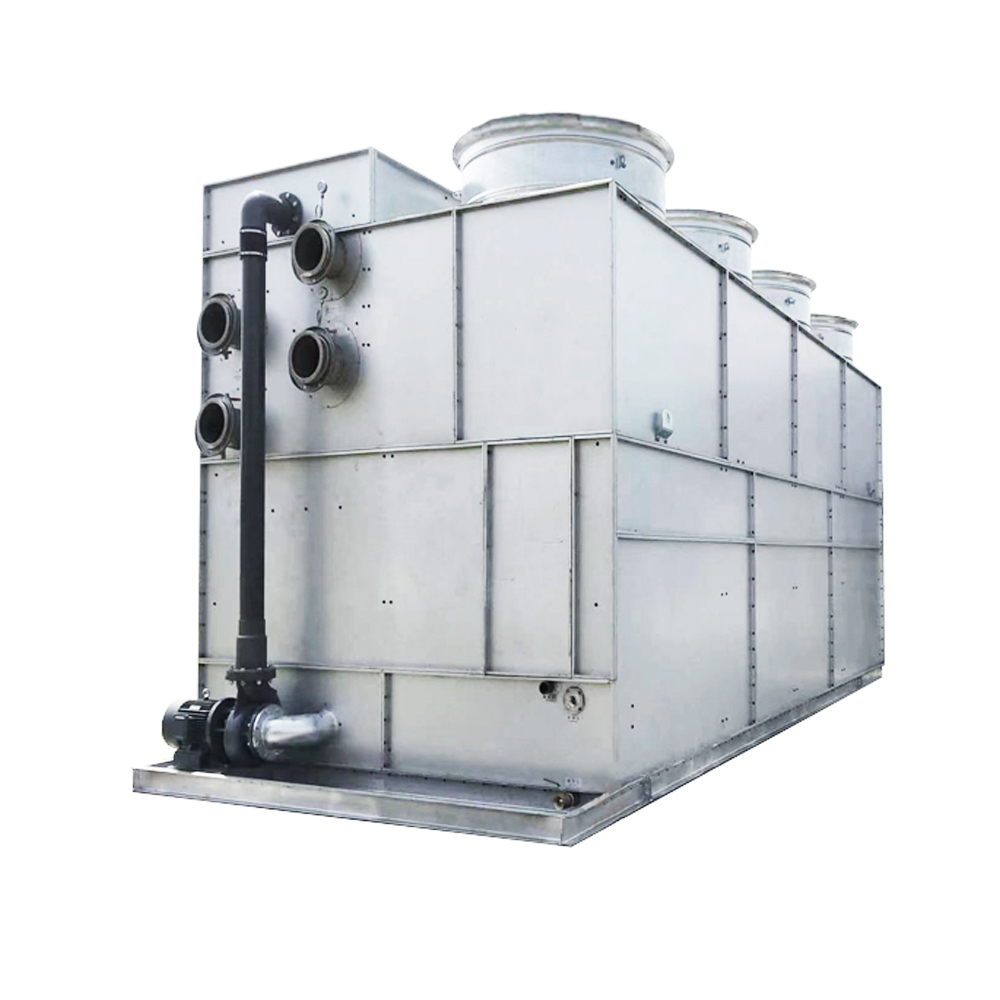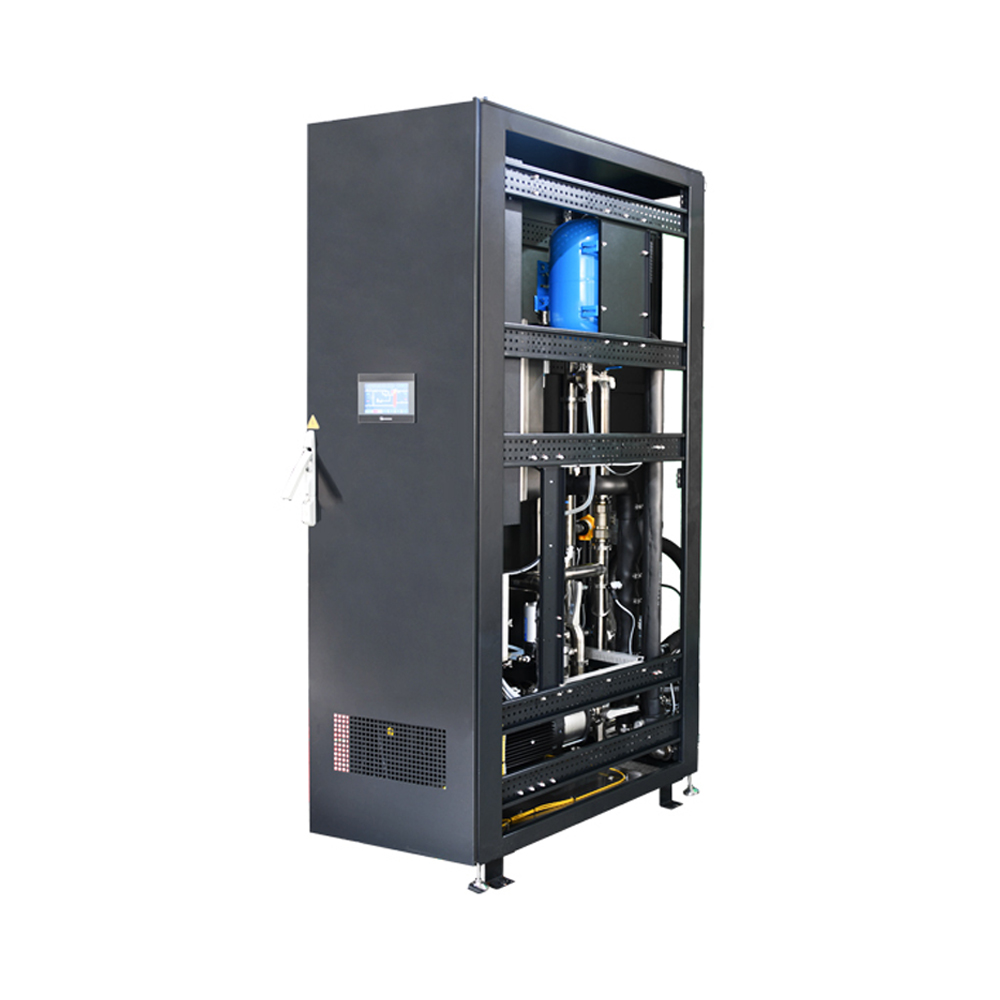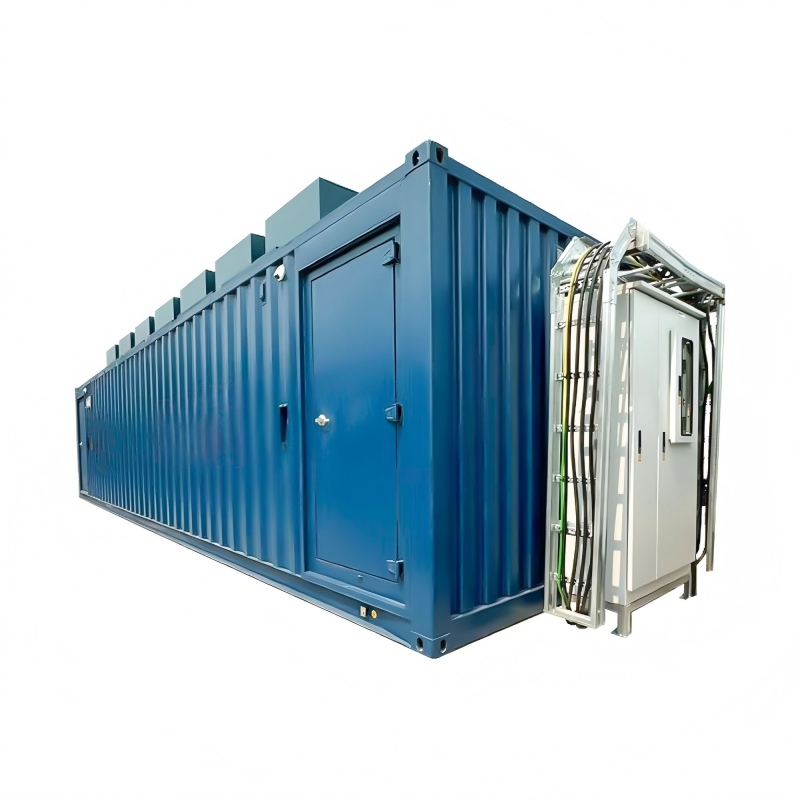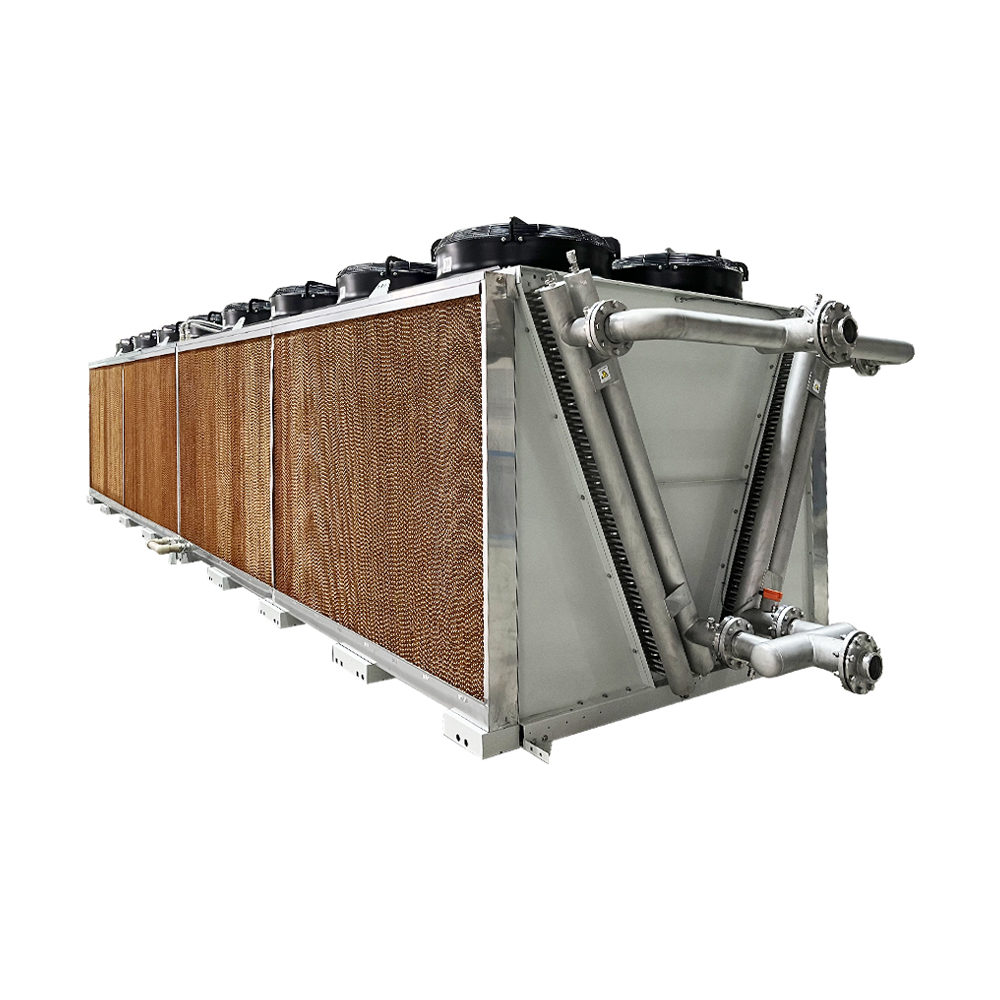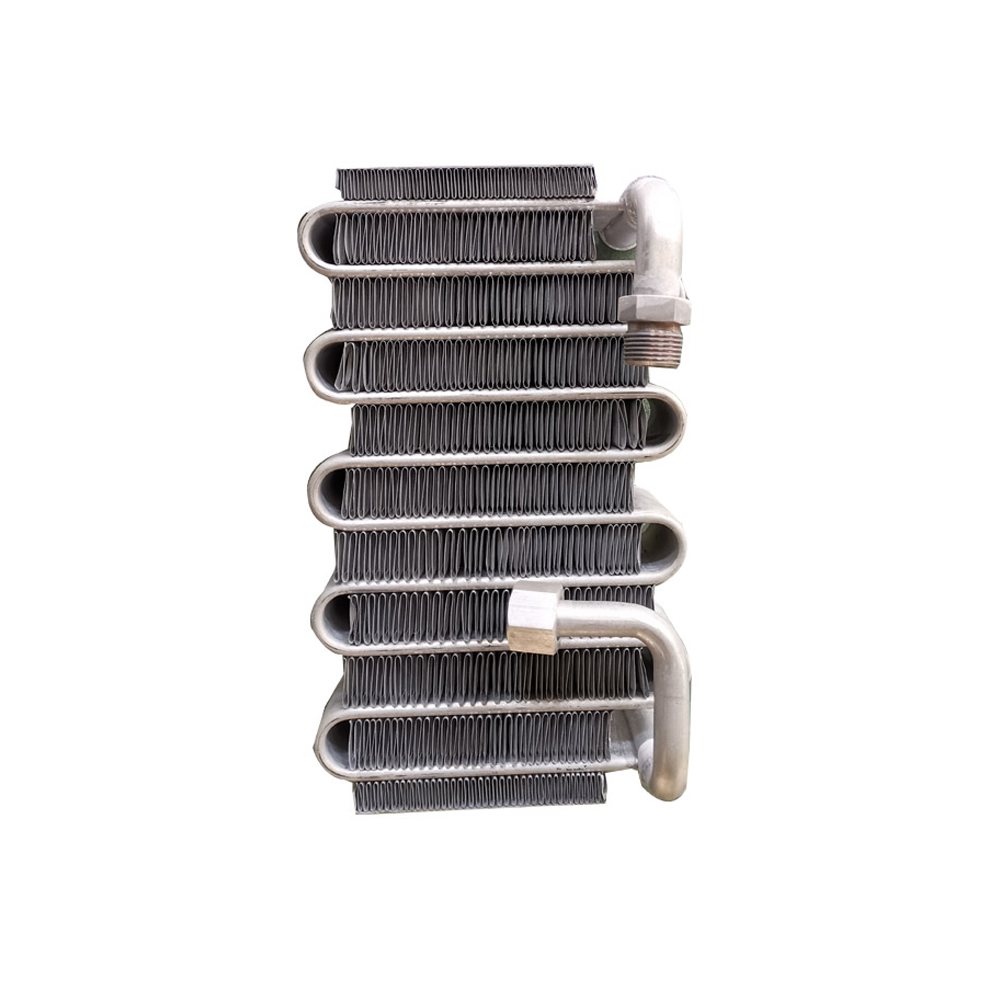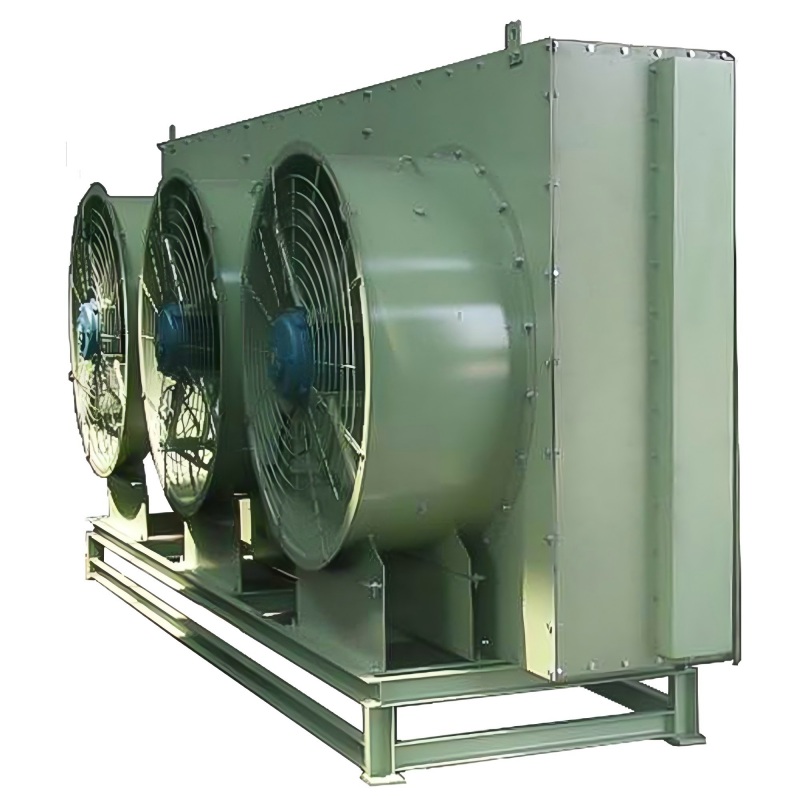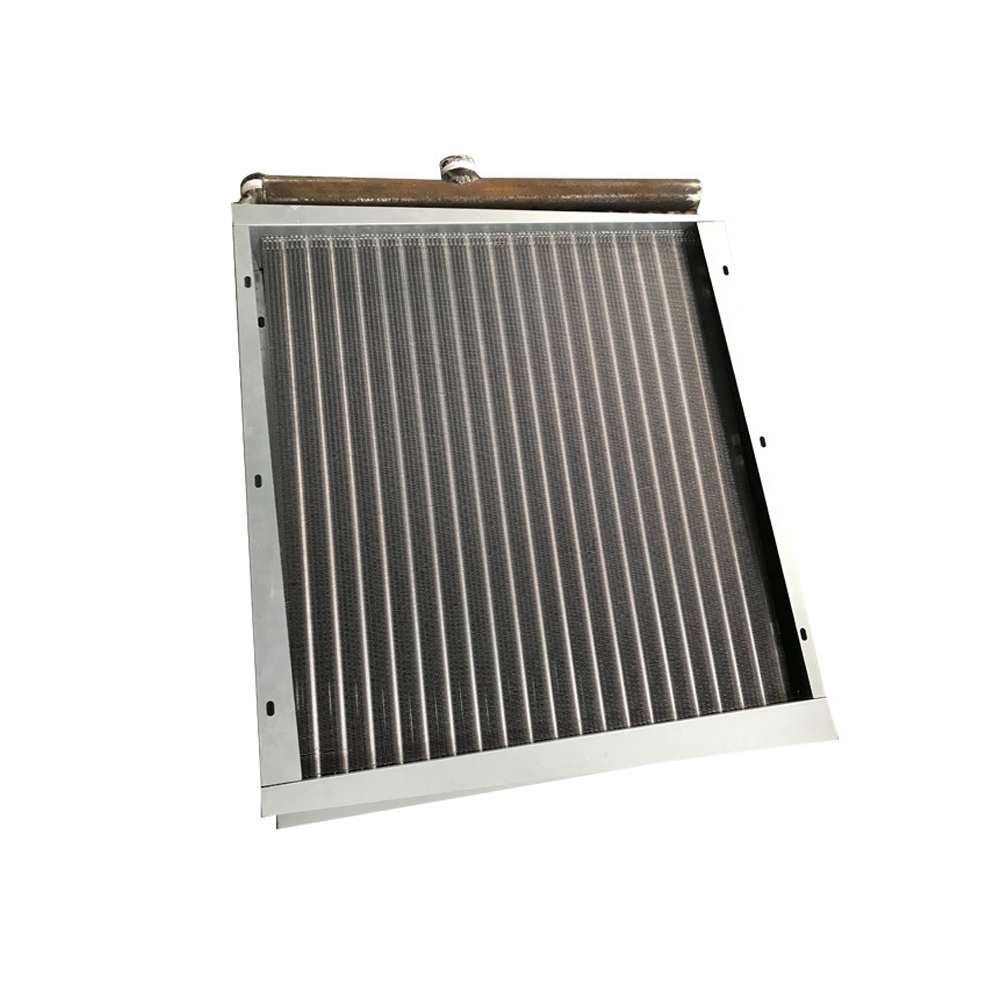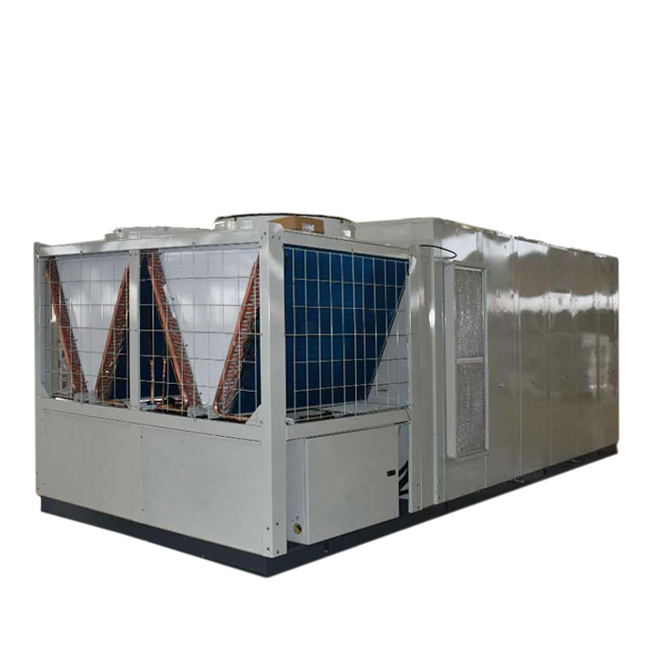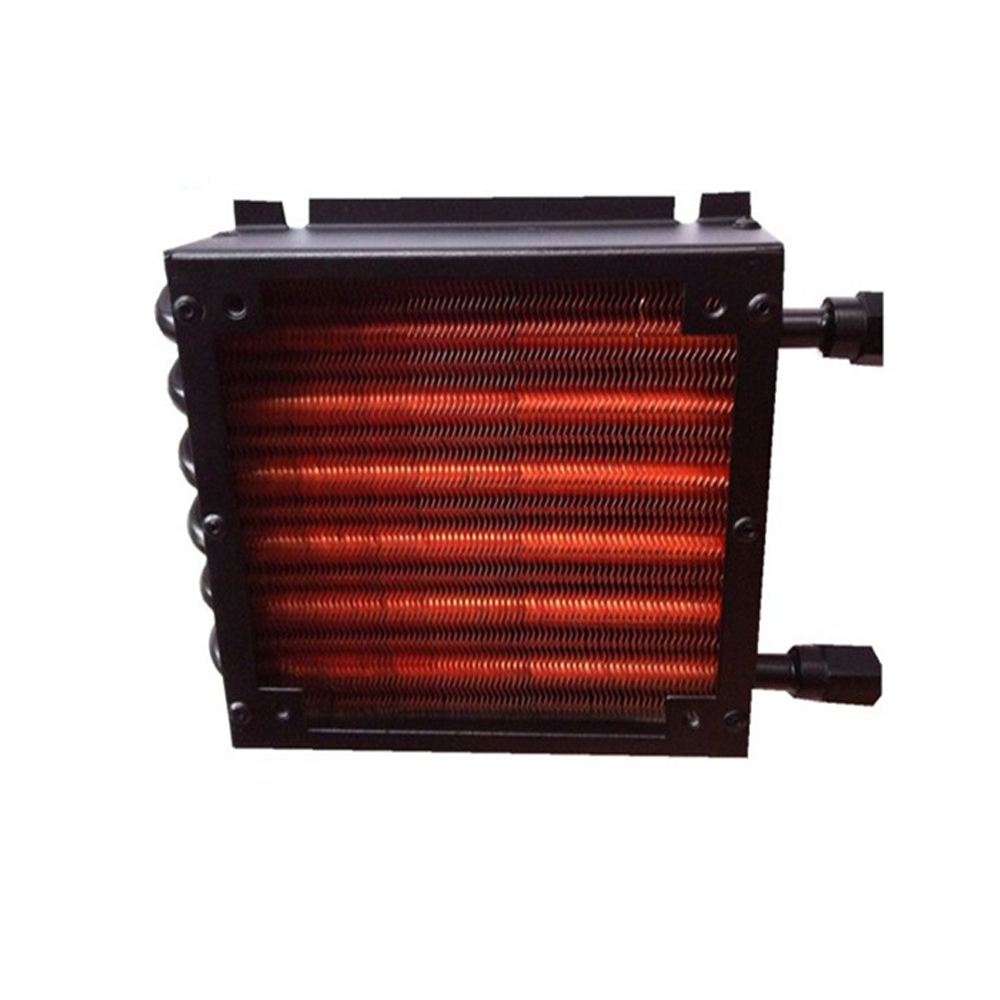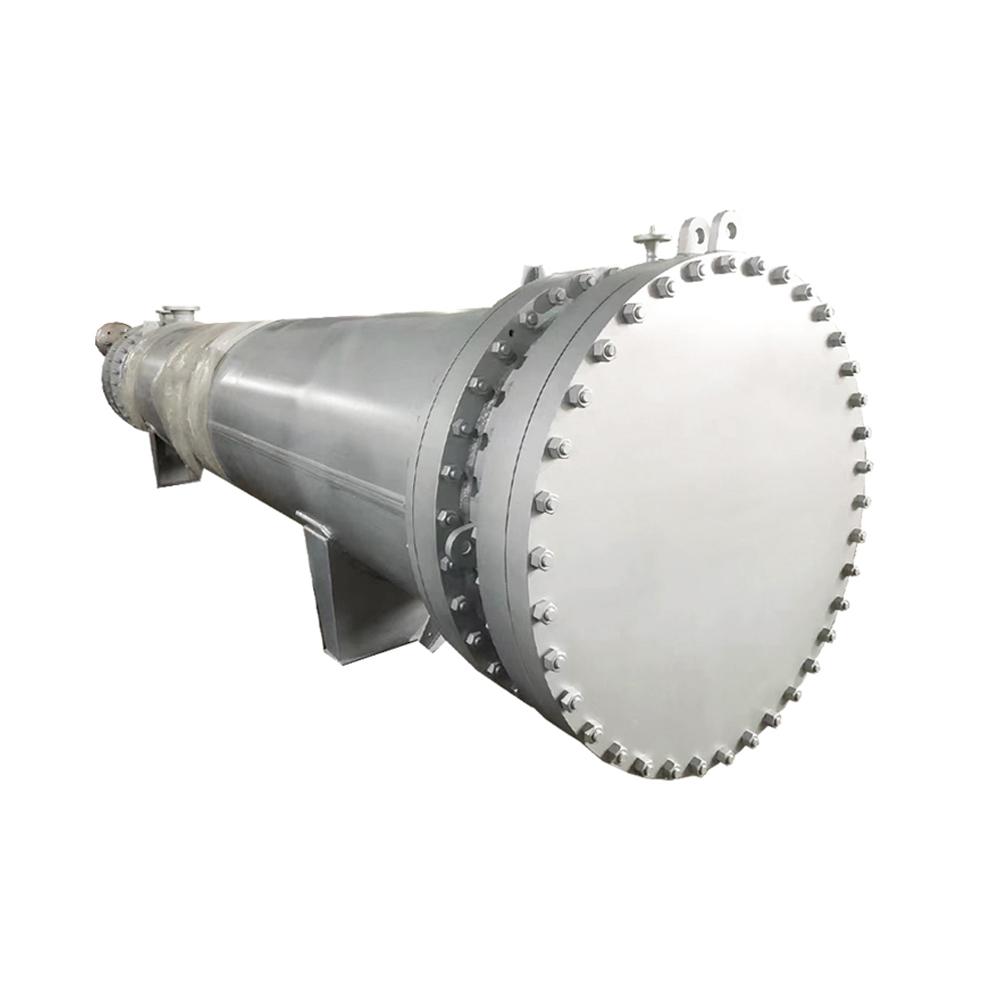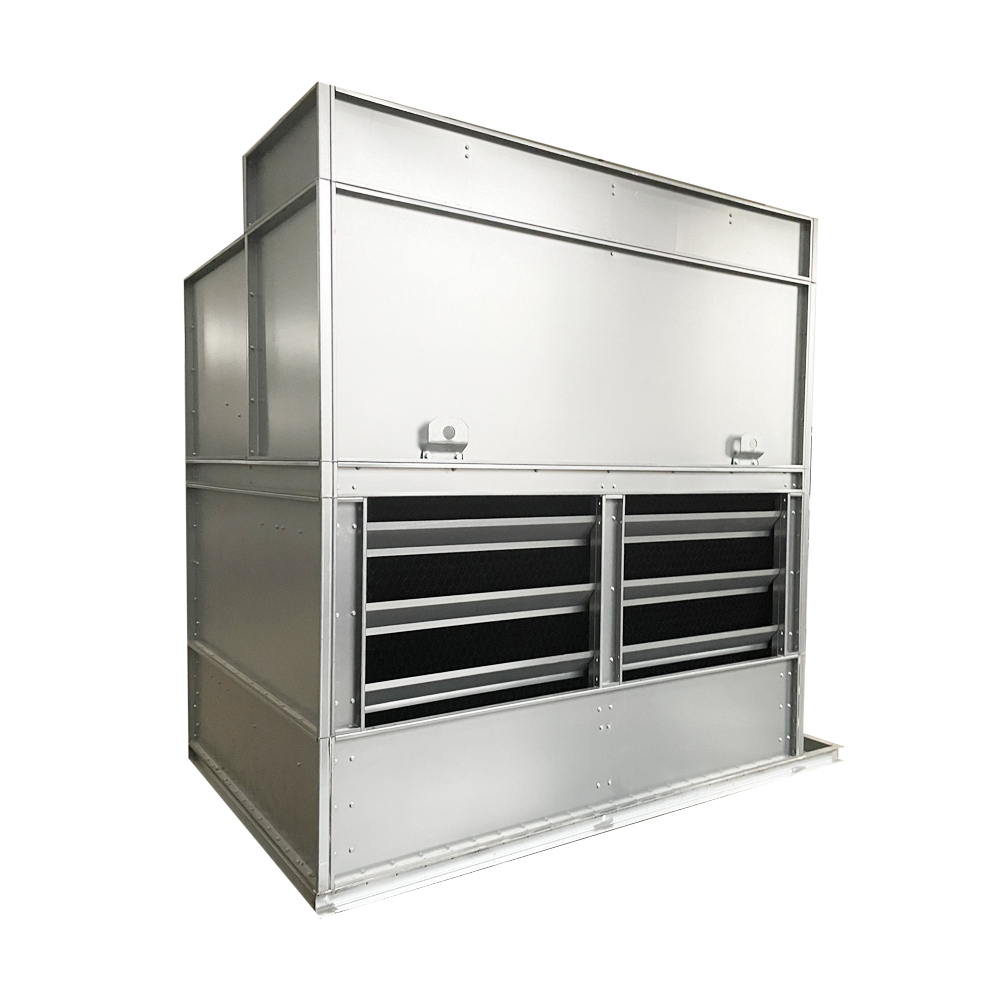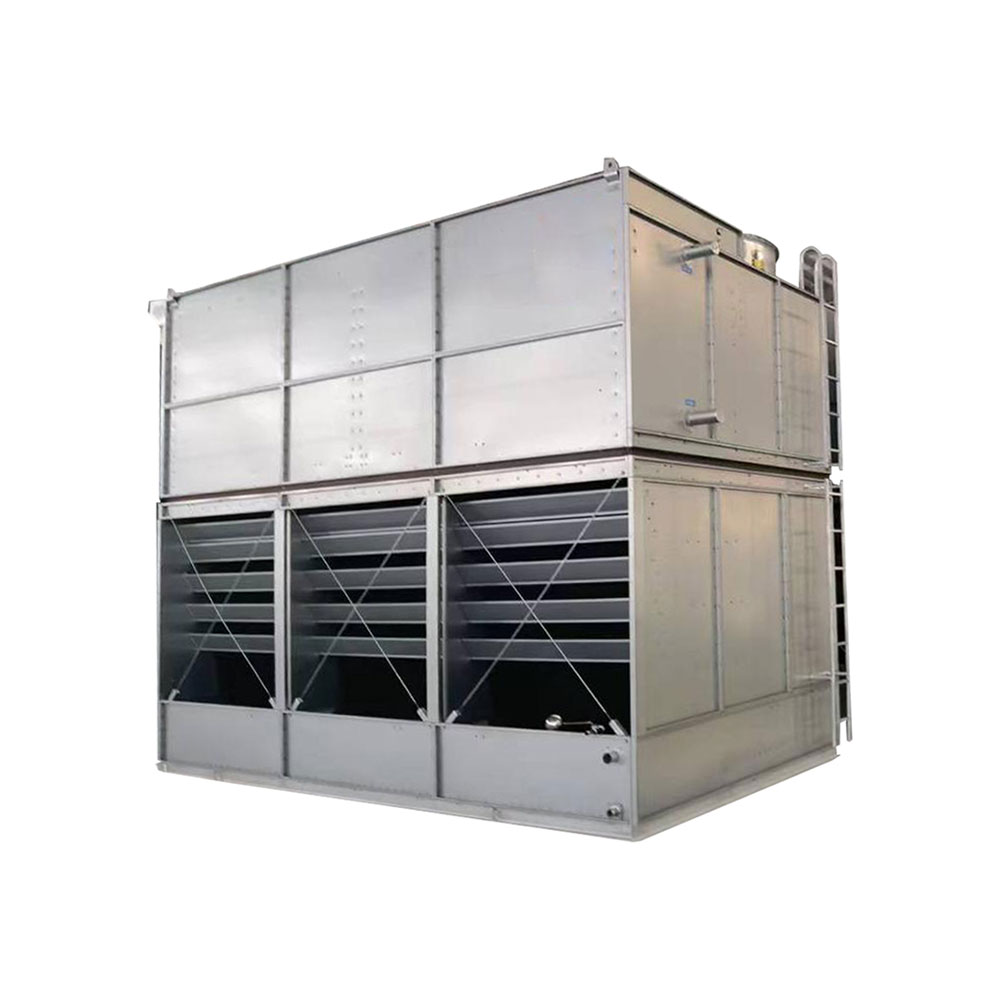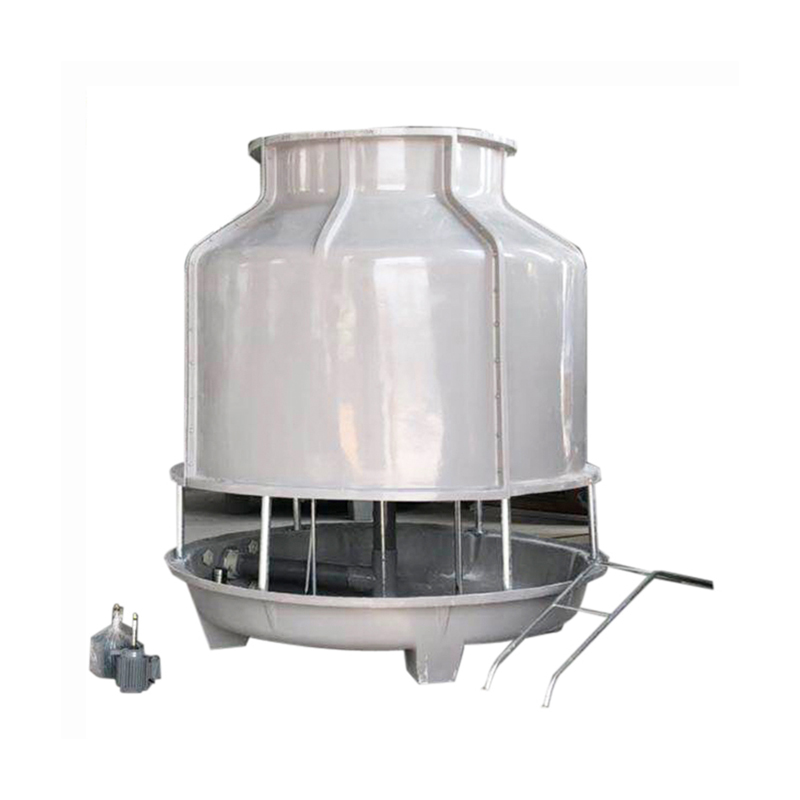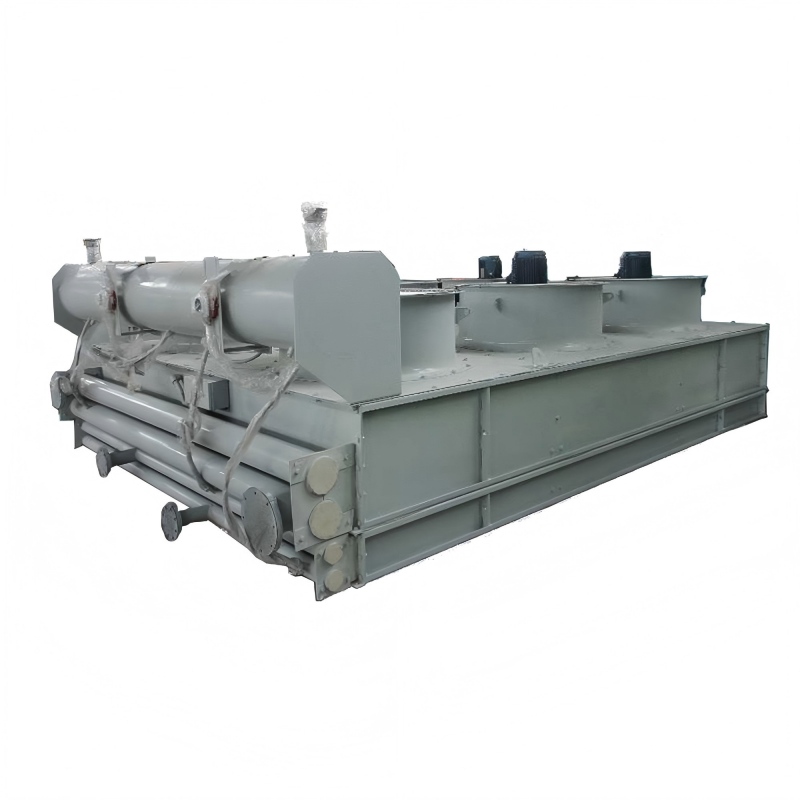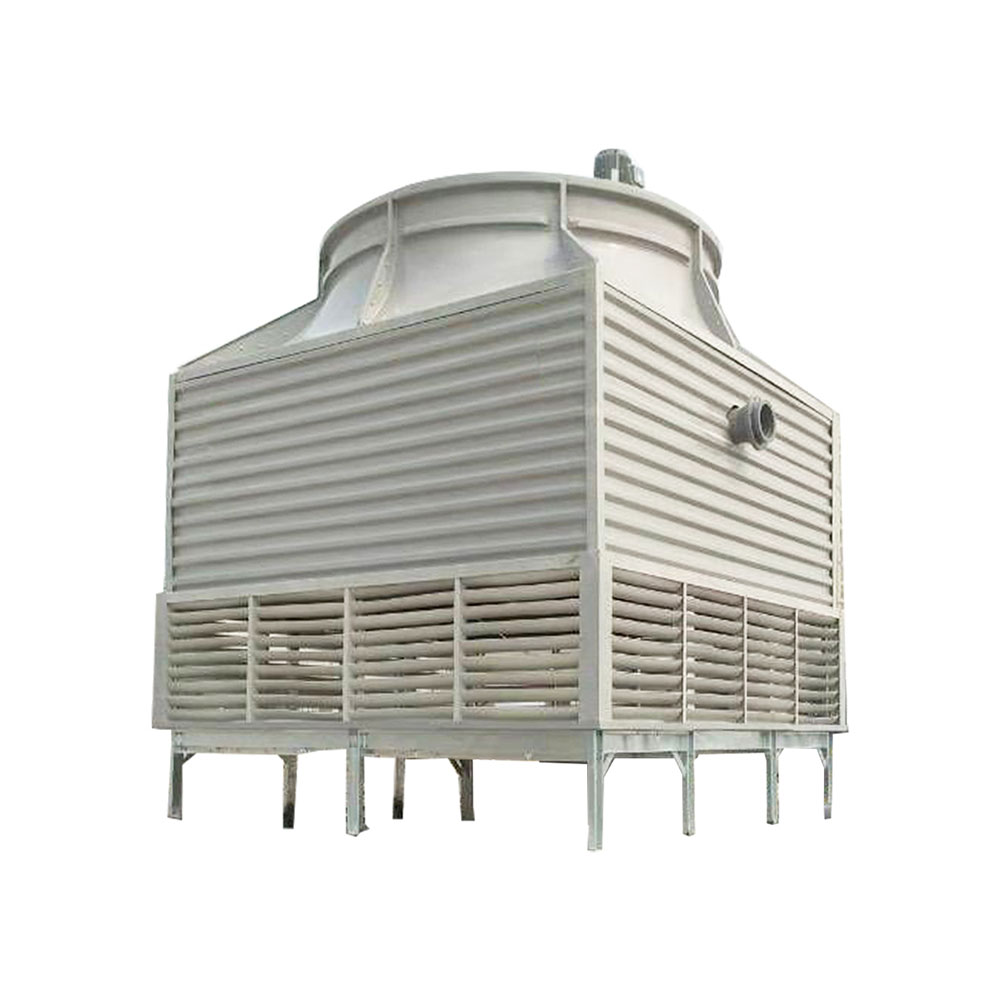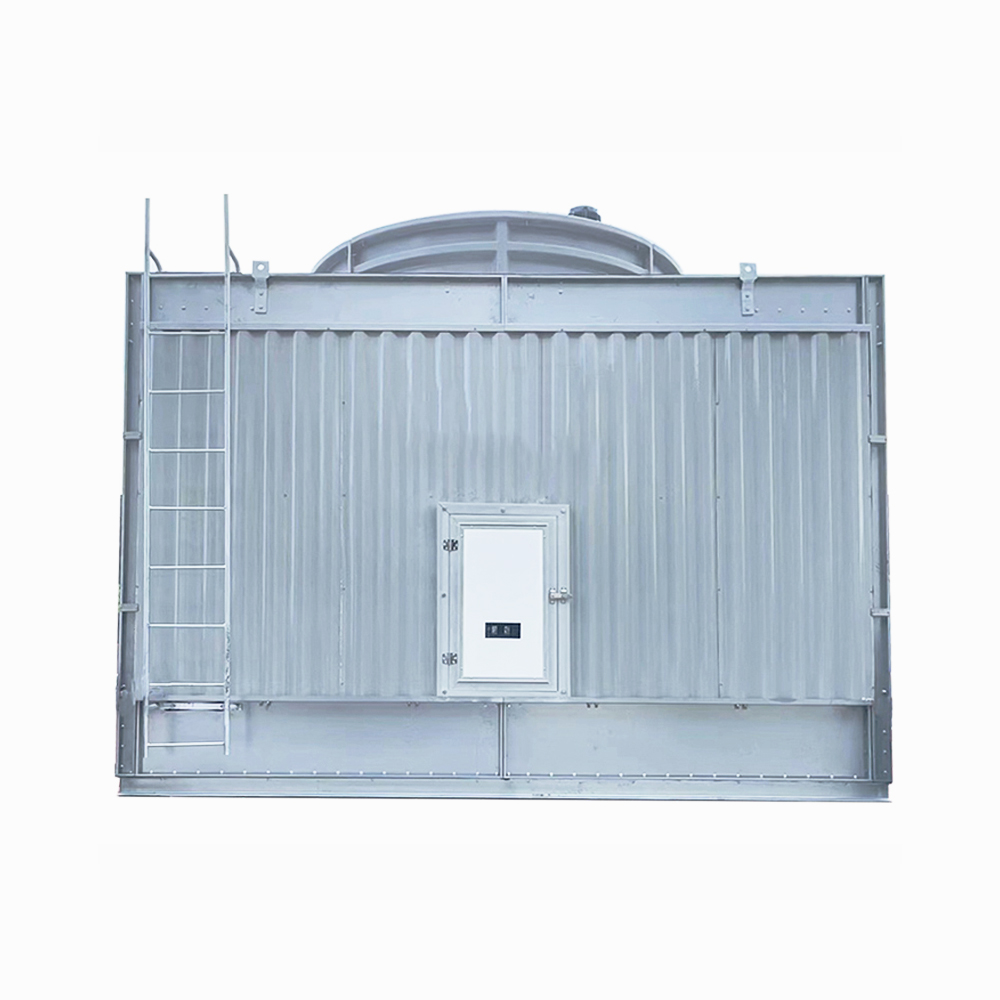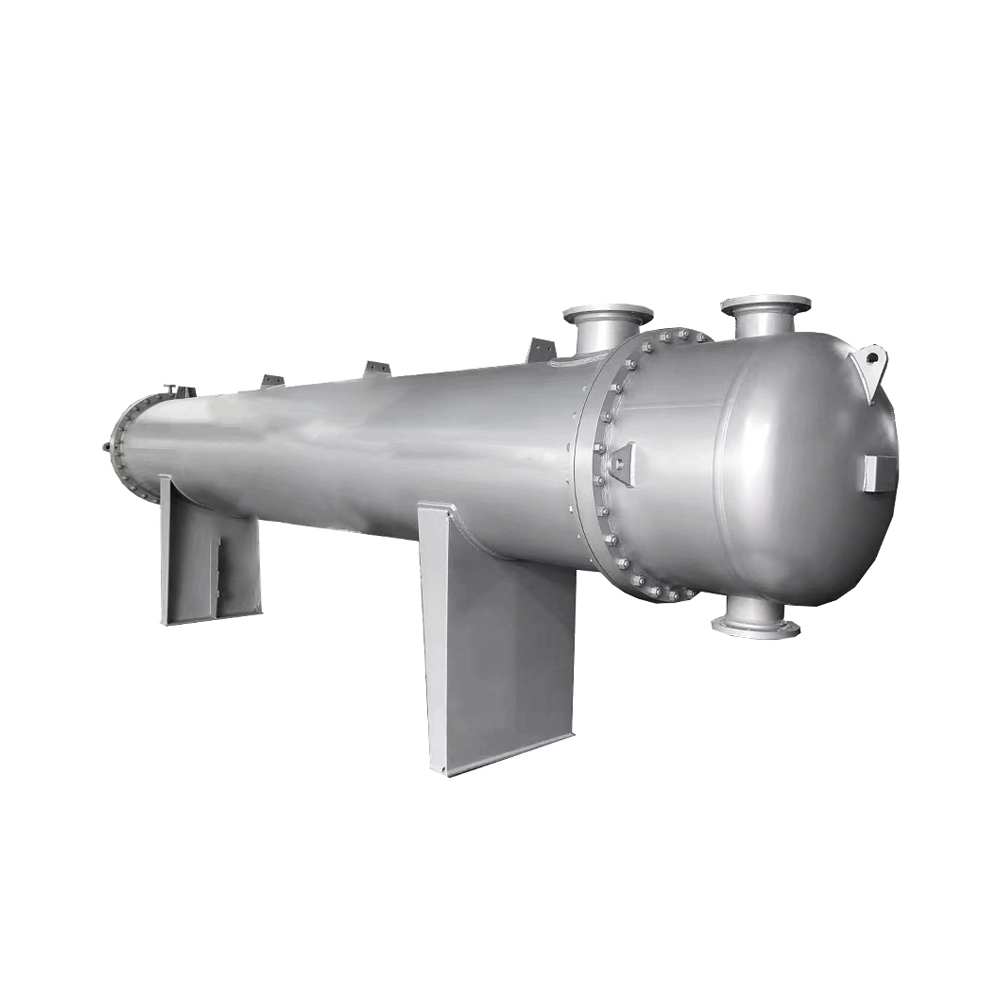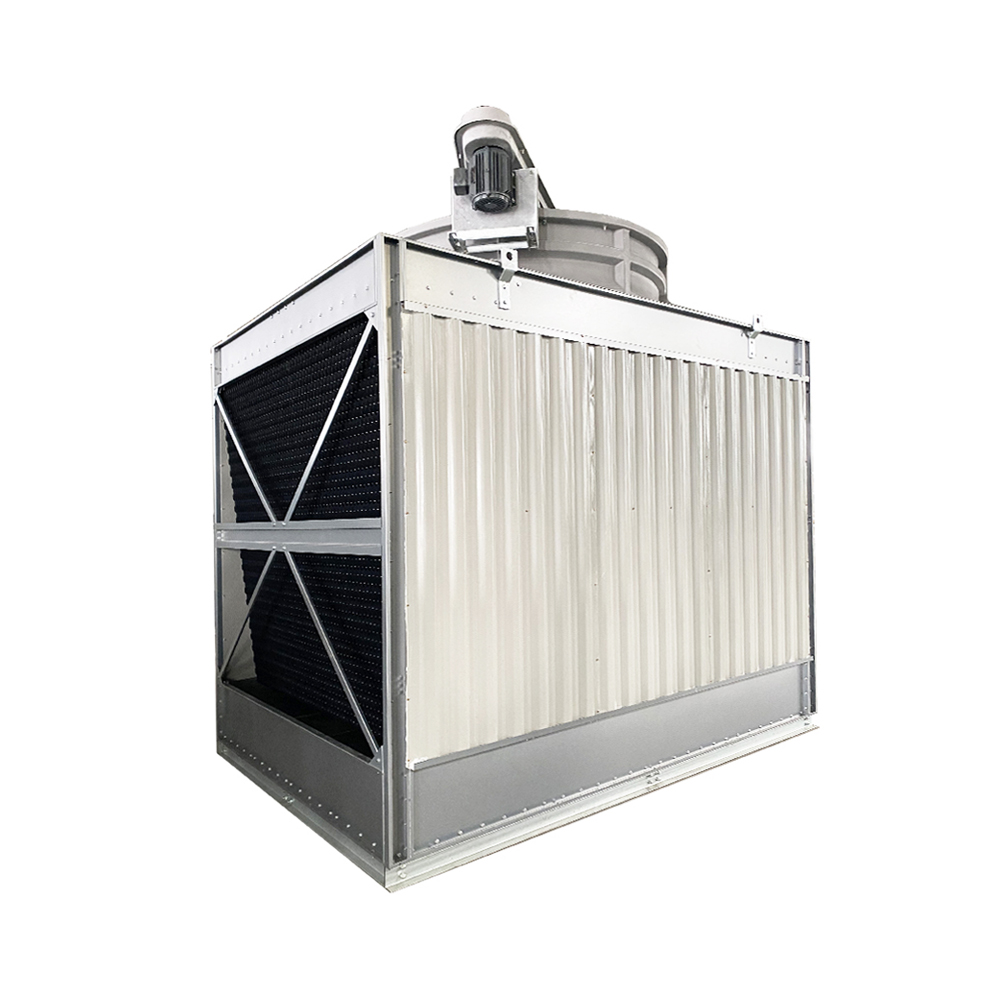Choosing the right cooling tower system is crucial for efficient and reliable cooling in various industrial and commercial applications. This guide provides a detailed overview of different cooling tower systems, helping you select the optimal solution based on your specific needs and budget. We'll cover factors like capacity, efficiency, maintenance, and environmental impact, offering practical advice to guide your decision-making process. Learn about various types, including counterflow and crossflow, and discover which best suits your application.
Types of Cooling Tower Systems
Counterflow Cooling Towers
In counterflow cooling towers, water flows downwards while air flows upwards, maximizing heat transfer efficiency. This design is known for its high performance and is often preferred for applications requiring large cooling capacities. They are generally more efficient than crossflow towers but can be more expensive to purchase and maintain. Many industrial processes rely on the robust cooling provided by counterflow cooling tower systems. Shanghai SHENGLIN M&E Technology Co.,Ltd offers a range of high-quality counterflow towers.
Crossflow Cooling Towers
Crossflow cooling towers feature a design where water and air flow perpendicularly. This design often results in a more compact footprint compared to counterflow systems. While they might be slightly less efficient than counterflow designs, they are generally more cost-effective and are a popular choice for smaller applications. Their compact size makes them ideal for installations with limited space.
Induced Draft vs. Forced Draft Cooling Towers
The method of air circulation also influences the performance and design of a cooling tower system. Induced draft towers use a fan to pull air through the tower, while forced draft towers use a fan to push air through. Induced draft designs typically offer better efficiency and lower noise levels, while forced draft systems can be more compact and easier to maintain.
Factors to Consider When Choosing a Cooling Tower System
Cooling Capacity
The required cooling capacity is paramount. It's determined by the heat load of the system you need to cool. This information is critical for selecting the appropriately sized cooling tower system. Accurate calculations are essential to avoid under- or over-sizing, leading to either inefficient cooling or unnecessary expenses.
Water Consumption and Efficiency
Water consumption and efficiency are key considerations, particularly in water-scarce regions. Look for cooling tower systems with features that minimize water usage, such as efficient fill designs and drift eliminators. Consider the environmental impact and long-term running costs associated with water consumption.
Maintenance Requirements
Regular maintenance is essential for optimal performance and longevity of any cooling tower system. Consider the accessibility for cleaning and maintenance, the ease of replacing components, and the overall maintenance schedule when making your choice. A well-maintained system will extend its lifespan significantly.
Environmental Impact
The environmental impact of cooling tower systems is increasingly important. Look for models with low drift rates and technologies that minimize the release of water vapor and chemicals into the atmosphere. Consider the use of sustainable materials in the construction of the tower itself.
Choosing the Right Cooling Tower System: A Comparison
| Feature | Counterflow | Crossflow |
| Efficiency | Higher | Lower |
| Footprint | Larger | Smaller |
| Cost | Higher | Lower |
| Maintenance | Can be more complex | Generally simpler |
Remember to consult with cooling tower specialists to determine the most suitable system for your specific requirements. Proper selection ensures optimal cooling performance, minimizes operational costs, and extends the lifespan of your equipment.
1 Data on cooling tower efficiency and cost comparisons are based on industry averages and may vary depending on specific models and manufacturers.









